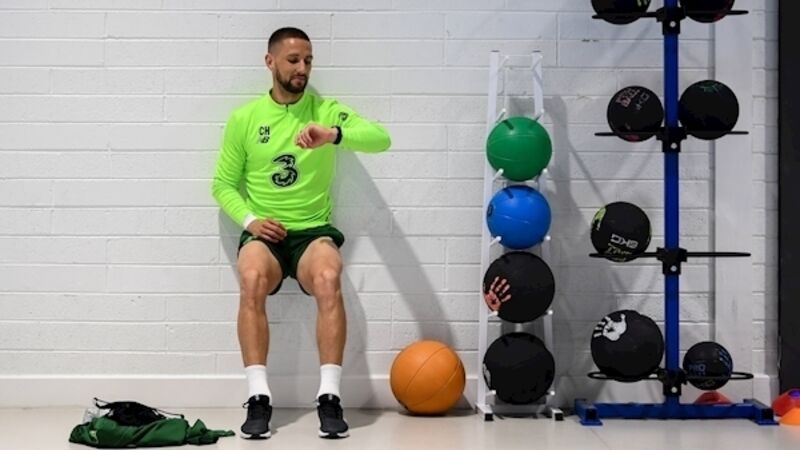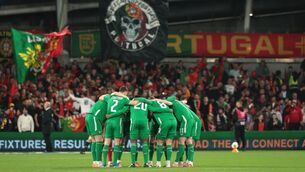Hourihane: People don’t see sacrifices I put in

His Bandon accent doesn’t quite reach the same caustic shrill of exasperation as, say, a certain someone from Mayfield, but there could be no denying that this was Conor Hourihane channelling his inner Roy.
As he castigated the attitude of the young, wealthy, modern professional footballer, it felt as if he had been keen get it all off his chest for some time. Hourihane wasn’t ranting or raving, yet the clinical tone he struck with his criticisms was piercing.














